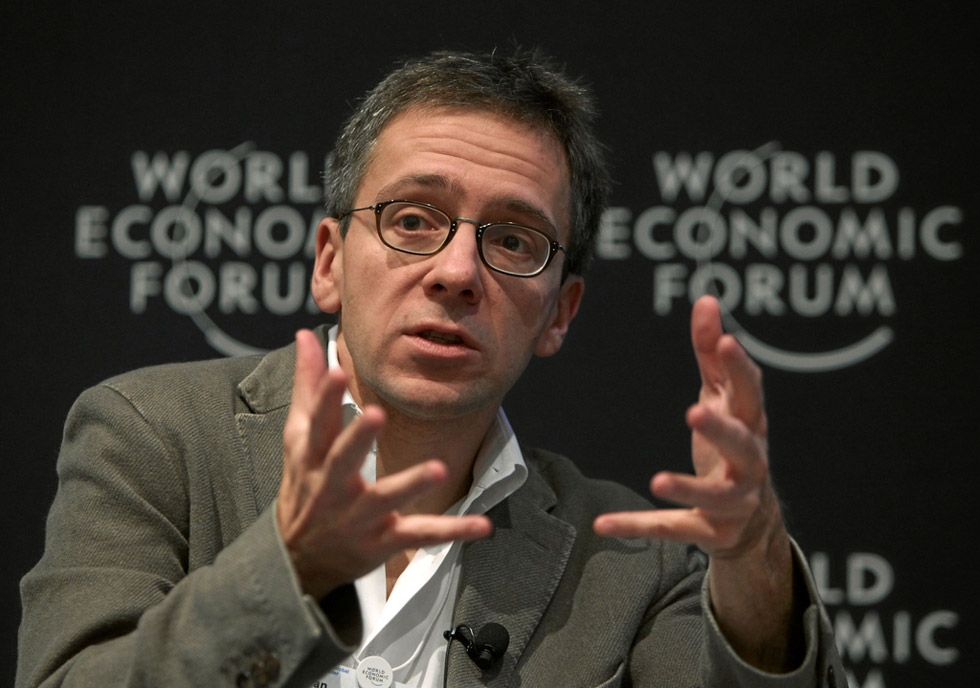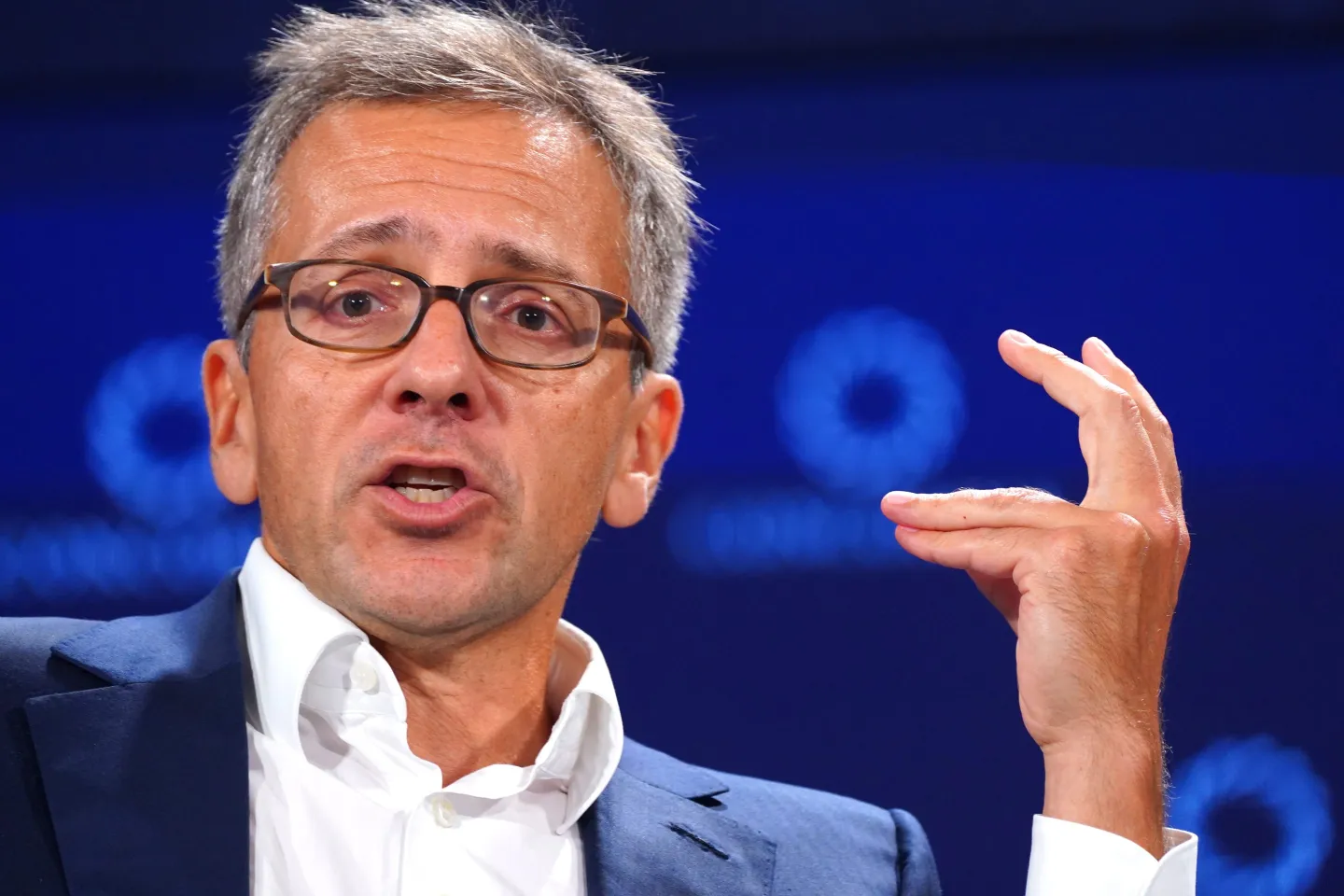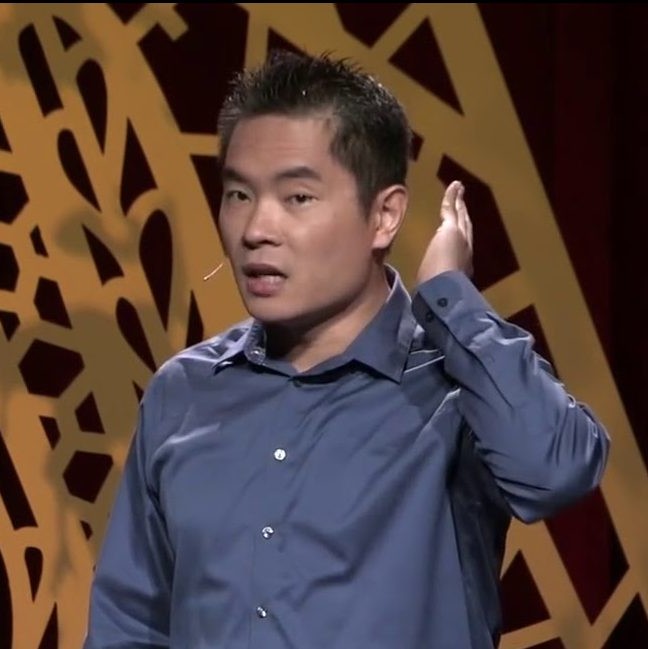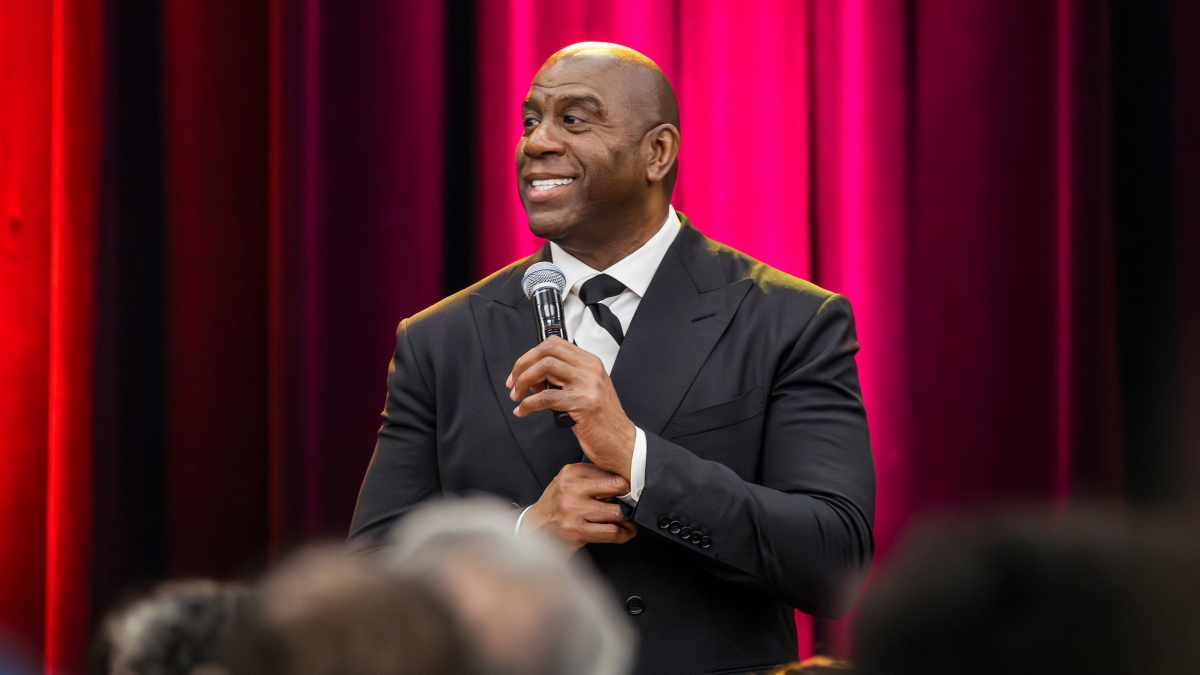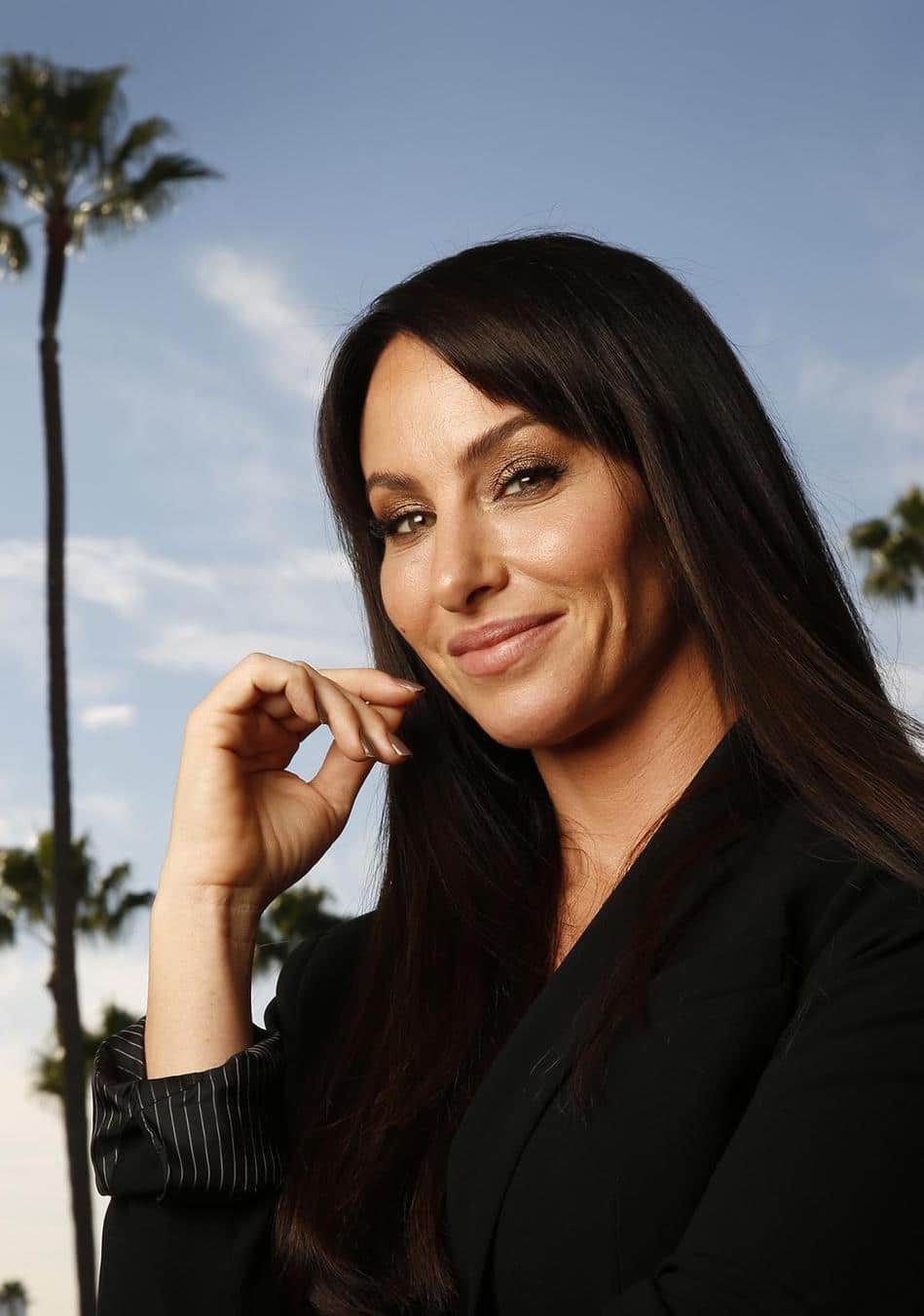Ian Bremmer is a renowned political scientist, entrepreneur, and global political risk expert, best known for founding the Eurasia Group, a leading research and consulting firm that specializes in providing expert analysis of global political risks to corporations, governments, and financial institutions. Born in 1969, Bremmer’s academic journey began with a bachelor’s degree in international relations from Tulane University, followed by a Ph.D. in political science from Stanford University. His early academic work focused on the Soviet Union and its aftermath, a specialization that laid the groundwork for his understanding of geopolitical dynamics. In 1998, Bremmer founded Eurasia Group with a vision to bring political science insights to the business world, helping organizations navigate the complexities of an increasingly volatile global environment. The firm quickly became a go-to source for those seeking to understand the implications of political events on global markets, establishing Bremmer as a leading voice in the field of political risk.
Over the years, Bremmer has expanded his influence through various platforms, including his prolific writing, public speaking, and frequent media appearances. He is the author of several best-selling books, such as “The J Curve” and “Every Nation for Itself,” where he explores themes of global instability, the rise of nationalism, and the shifting balance of power in the international arena. Bremmer is also known for coining the term “G-Zero World,” which describes a global order where no single country or bloc of countries holds a position of dominant leadership. His insights are regularly sought by top media outlets, and he has been a foreign affairs columnist and editor-at-large for Time magazine. In addition to his work with Eurasia Group, Bremmer is the president of GZERO Media, a subsidiary of Eurasia Group that focuses on making complex geopolitical issues accessible to the general public. Through his various roles, Ian Bremmer has become a pivotal figure in helping global audiences understand the intersection of politics and economics in an era of rapid change and uncertainty.


